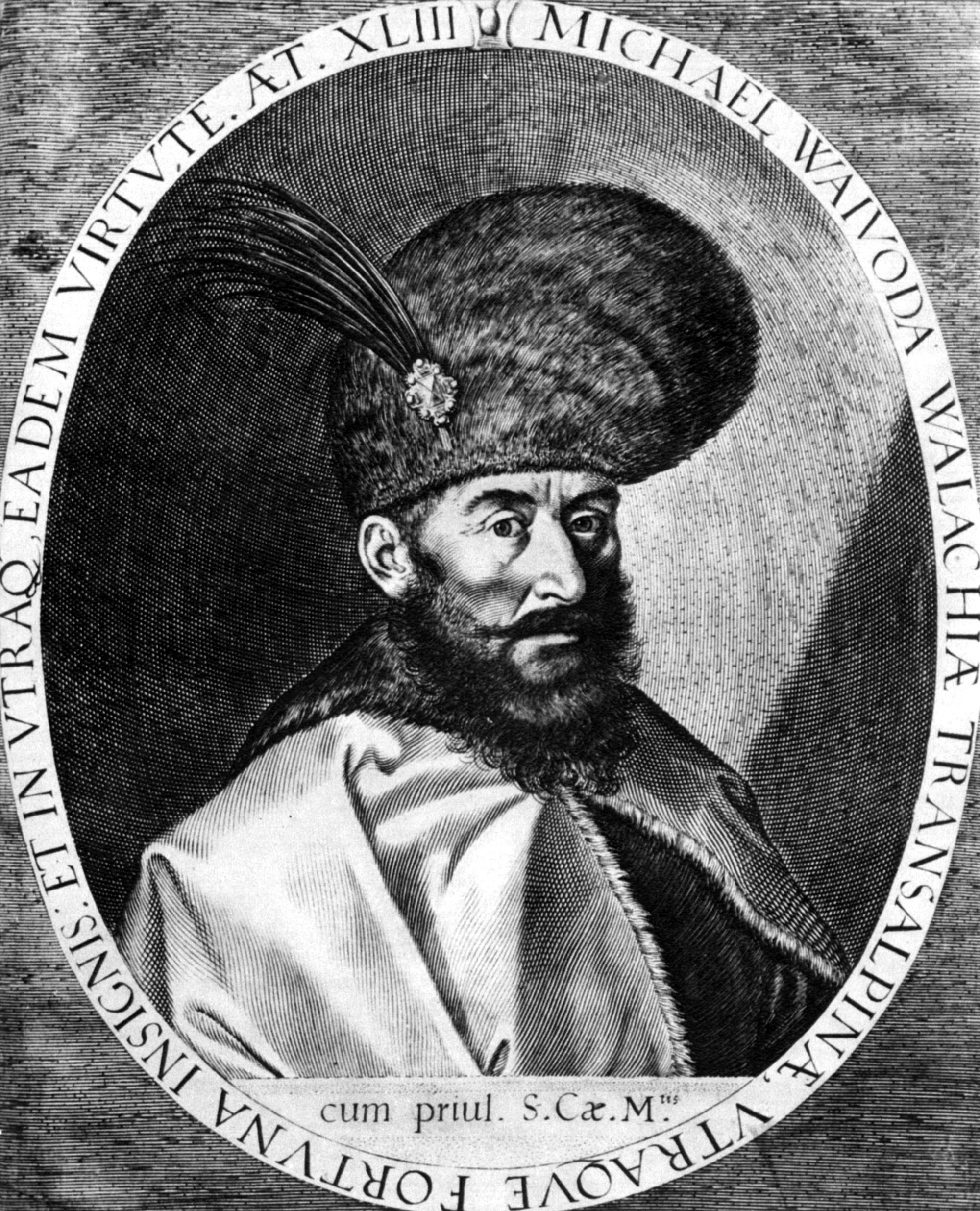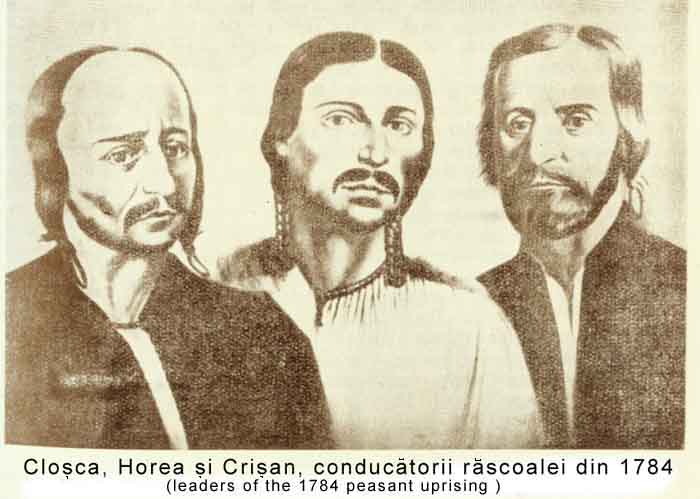NATO-allies: the Romanian parliament declared anti-Hungarian historical figures national heroes and martyrs

The lower house of the Romanian parliament accepted a bill on Tuesday that declared the hero and martyr of the Romanian nation Mihai Viteazul (1558-1601), leader of Wallachia, and the three leaders of the Romanian peasant revolt of 1784, Horea, Cloşca and Crişan. Sadly, this is not the first time that the Romanian legislation accepts something anti-Hungarian.
According to origo.hu, the bill received 240 supporting and 18 “No” votes this Tuesday in the Chamber of Deputies. Mihai Viteazul became the hero and martyr of the Romanian people
for he bravely united Wallachia, Moldavia and Transylvania.
That is what Romanian historians emphasise. Meanwhile, Hungarian historians highlight that even though Mihai Viteazul was the leader of the three countries for a couple of months, he could not create any institutions for his lands. Hence, what happened was rather a personal union instead of a unification. Furthermore, Mihai Viteazul conquered the Wallachia, Moldavia and Transylvania following the orders of Holy Roman Emperor and Hungarian king, Rudolf II. However, he did not want to give the lands to the emperor, so one of his generals, Giorgio Basta, killed him.
Foreign minister: Romanian president purposely harms Hungary-Romania cooperation
Foreign minister: Romanian president purposely harms Hungary-Romania cooperation
- Did this Hungarian man leave Romania because of police harassment?
- Romanian president fined by Romanian authorities because of anti-Hungarian hate speech
- NATO-allies: Romania made the saddest day of the Hungarians a national holiday!
The bill says that, on May 27, public media should show programs in connection with his life, and the central government should support the cultural or scientific events connected to him. Since the Senate and the Chamber of Deputies already accepted it, it
needs only the president’s signature.

There is another bill declaring Horea, Cloşca and Crişan hero and martyr of the Romanian people because of their leading role in the 1784 peasant uprising. Based on the law, June 2 would be their day of remembrance.

Their uprising became the first ethnic conflict between the nations of Transylvania during which mostly Romanian peasants brutally
killed almost 4 thousand Hungarian nobles, citizens and serfs.
Apart from the leaders, Orthodox popes provoked the crowds which destroyed 140 localities. They spared only those who converted to Orthodox Christianity, killing even Lutheran Germans and Greek Catholic Romanians. Moreover, popes already said by then that Transylvania should be units with Moldova and Wallachia. Finally, the uprising failed, and Habsburg authorities executed its leaders.
The result of the uprising was devastating for the Hungarian communities of Southern Transylvania since they lost their majority in many of the cities and villages there. Thus, for most of the Hungarians living in Transylvania, the names of the peasant leaders are
frightening reminders on the anti-Hungarian pogroms committed at the end of the 18th century.
As we reported before, the Chamber of Deputies accepted a bill in May that made June 4, the anniversary of the Peace Treaty of Trianon, a national holiday in Romania. The treaty separated 2/3rd of the former Hungarian territories and made more than 3 million Hungarians into citizens of hostile neighbouring countries. Their language, education and cultural rights are still not respected, and their economic development is hindered by all means possible.
Furthermore, the National Anti-Discrimination Council (CNCD) fined the
Romanian president because of anti-Hungarian speech.
The ruling is not yet binding, but if it were, Mr Iohannis would have to pay around 1,000 EUR. The cause is that the Romanian president was scaring his people by saying that his political opponent, the Socialists, would like to sell Transylvania to the Hungarians and they already made a pact about that. Assuming anything like that is total madness but capable of infuriate millions of his countrymen. However, Iohannis did not say sorry even though everybody knows that his attack was purely political instead of something based on facts.
Source: origo.hu






